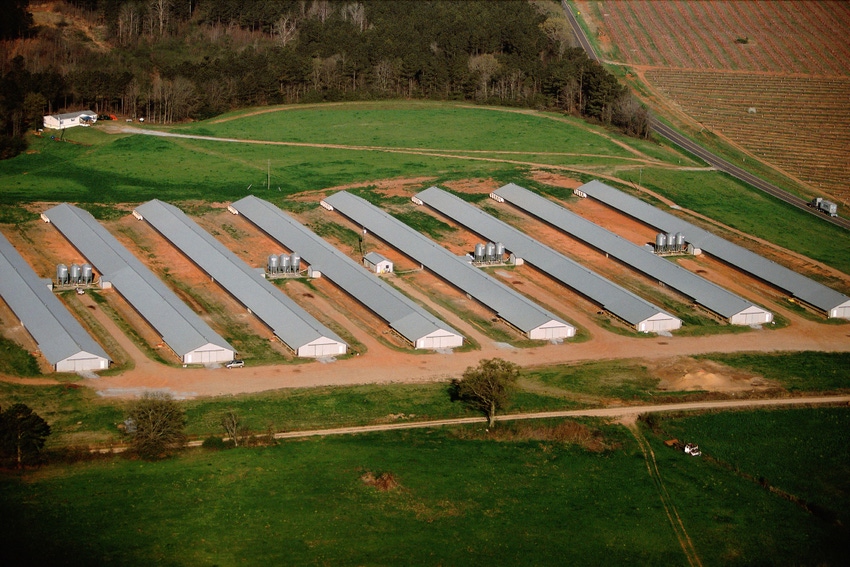New tools for implementation of NPIP biosecurity standards now available
Implementing biosecurity on a poultry operation can prevent introduction and spread of infectious diseases, including avian influenza.
December 21, 2018

The Center for Food Security & Public Health (CFSPH) within the Iowa State University College of Veterinary Medicine has released new resources based on the "Checklist for Self-Assessment of Implementing Poultry Biosecurity," which reflect the items included in the "Standard E Biosecurity Principles" within the National Poultry Improvement Plan's (NPIP) Official Program Standards.
CFSPH said there are many resources available from www.poultrybiosecurity.org, including: a 14-point self-assessment checklist; a detailed informational manual; downloadable, customizable templates for writing a biosecurity plan; example agreements, logs and forms to document biosecurity practices; signage to use on the poultry site; educational videos to use in employee training programs; handouts for quick reference of biosecurity principles for caretakers and non-farm personnel, and more.
Most resources are available in both English and Spanish, and additional Spanish resources will be added as they become available, the center said.
Development of these poultry biosecurity resources was led by Iowa State University and involved collaboration among the poultry industry, state and federal government officials and academia. This material was made possible, in part, by a cooperative agreement from the U.S. Department of Agriculture’s Animal & Plant Health Inspection Service Veterinary Services but may not necessarily express the agency's views.
CFSPH is nationally and internationally recognized for providing educational materials and animal disease information. CFSPH was established in 2002 through funding from the Centers for Disease Control & Prevention to increase national and international preparedness for accidental or intentional introduction of diseases that threaten food production or public health.
You May Also Like



